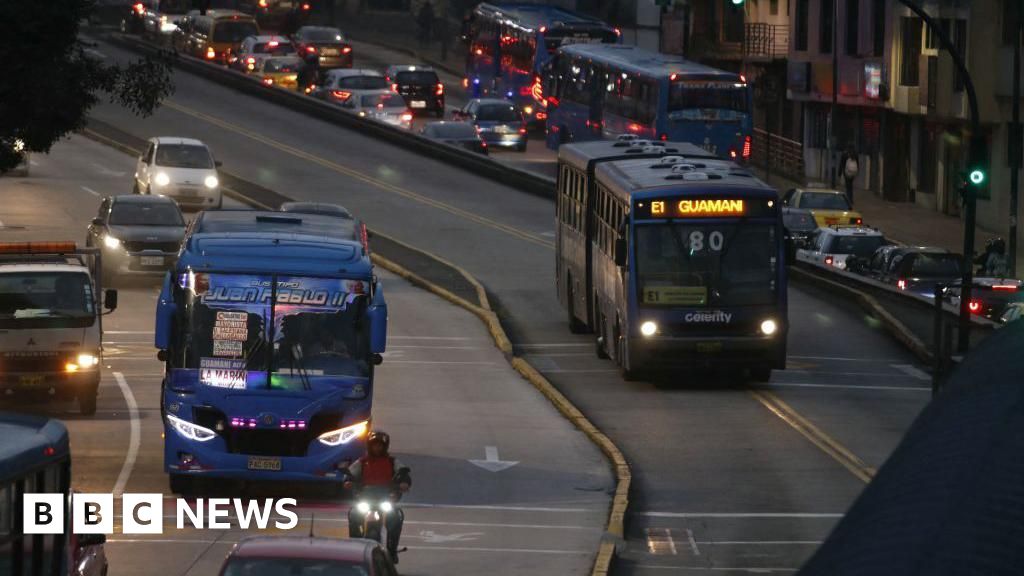Ecuador was hit by a nationwide blackout on Wednesday, a senior government minister said, leaving some 18 million people in the dark for several hours.
The subway system in the capital, Quito, ground to a halt and traffic lights stopped working around mid-afternoon local time on Wednesday.
Shortly after the power was restored, Public Works Minister Roberto Luque blamed the outage on a lack of investment in electrical systems.
Writing on X, he said it was “just more proof of the energy crisis we’re dealing with”.
“For years we have stopped investing in these systems and today we are experiencing the consequences,” he added.
In April, a drought forced the government to announce a series of planned blackouts that left major cities without power for hours on end.
Quito Mayor Pabel Muñoz described Wednesday’s incident as “major”, explaining: “it even knocked out power to the metro, which has its own separate system.”
The Quito metro said that services were interrupted “due to a general failure of the national interconnected electrical energy system”.
The outage left residents disgruntled, with Guayaquil hairdresser Diana Rosales – who was in the middle of cutting someone’s hair when the blackout happened – telling newspaper Expresso: “It’s not fair that we continue to have terrible service when we pay a lot of bills.”
Local media reported that access to drinking water was suspended in some areas, with some residents expressing their frustration at the lack of warning of the suspension.
“Now I have to work miracles with the bottle that I have at home,” Guayas resident Andrew Medina told Expresso.
Night classes were also suspended at educational institutions across the country and taken online, the ministry of education said.
Some hours after the outage occurred, Mr Luque announced that 95% of the country’s electricity had returned.
He had earlier blamed the blackout on the failure of a transmission line.
Most of the country’s energy comes from neighbouring Colombia.

